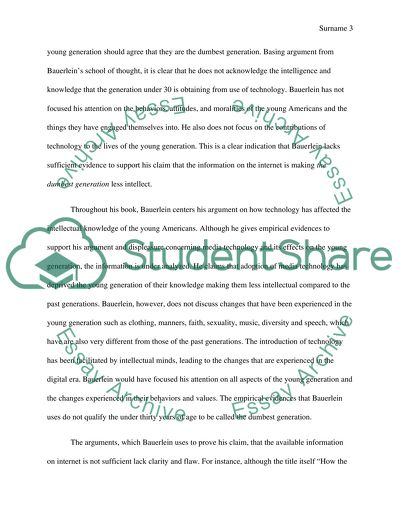Cite this document
(“Research Paper Example | Topics and Well Written Essays - 2750 words”, n.d.)
Research Paper Example | Topics and Well Written Essays - 2750 words. Retrieved from https://studentshare.org/english/1638851-research
Research Paper Example | Topics and Well Written Essays - 2750 words. Retrieved from https://studentshare.org/english/1638851-research
(Research Paper Example | Topics and Well Written Essays - 2750 Words)
Research Paper Example | Topics and Well Written Essays - 2750 Words. https://studentshare.org/english/1638851-research.
Research Paper Example | Topics and Well Written Essays - 2750 Words. https://studentshare.org/english/1638851-research.
“Research Paper Example | Topics and Well Written Essays - 2750 Words”, n.d. https://studentshare.org/english/1638851-research.


